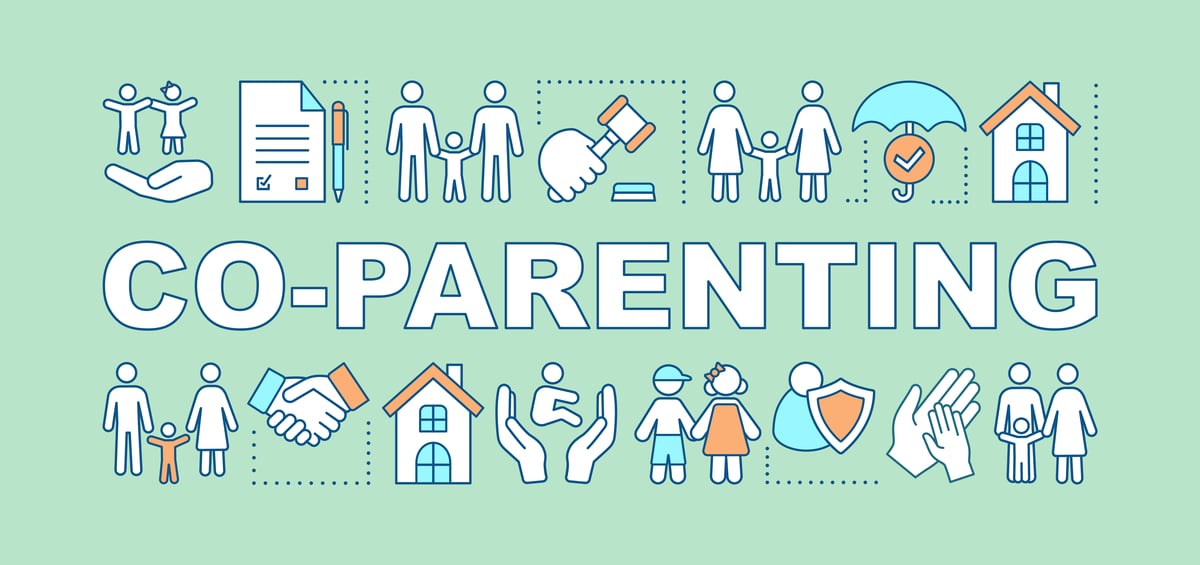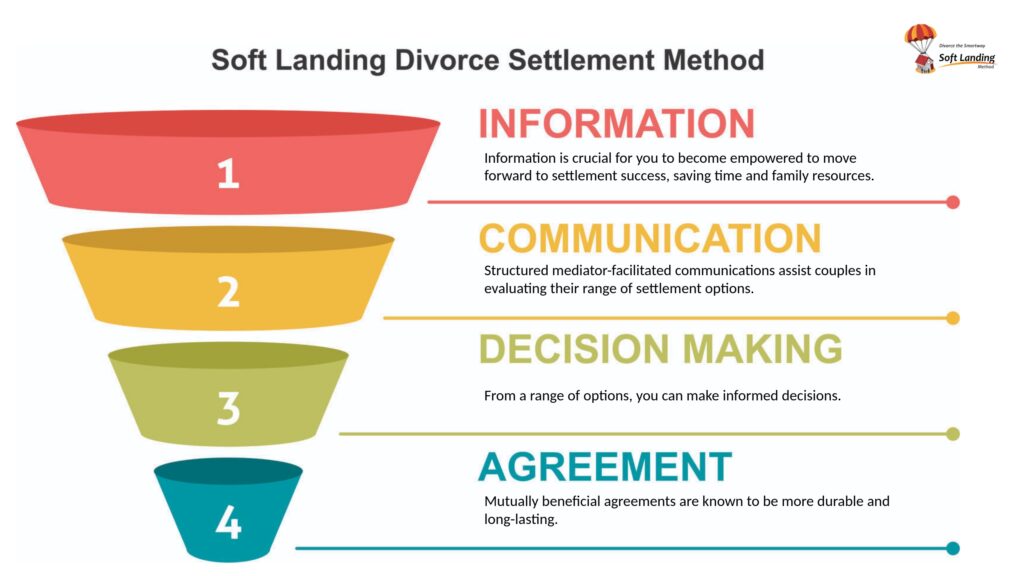Co-Parenting: Ensuring Stability for Kids

Understanding Co-Parenting: Terms, Types, and Boundaries
Discover what co-parenting means, explore parallel parenting, and learn the essential boundaries for successful co-parenting. Visit our guide for detailed insights.
Links to additional resources you may find useful
- Co-Parenting and Joint Custody Tips for Divorced Parents – Co-parenting tips to remain calm, stay consistent, and avoid conflict with your ex.
- A guide to parenting arrangements after separation – Information on co-parenting relationships focused on the well-being of children.
- Coparenting – Overview of co-parenting as an enterprise undertaken by separated parents.
- What Is Co-Parenting? The Pros And Cons To Consider – Detailed explanation of co-parenting and its pros and cons.
- Co-Parenting: What It Is and How to Make It Work – Insights on co-parenting arrangements and sharing responsibilities.
- Making plans: A guide to parenting arrangements after separation – Guide on joint custody under the Divorce Act.
- Co-Parenting Tips For When You Don’t Get Along With Your Ex – Tips on maintaining good boundaries and communication.
- Positive Co-Parenting Do’s and Don’ts – Advice for co-parents on collaboration and managing conflicts.
- What Is Co-Parenting? – OurFamilyWizard – Explanation of co-parenting and meeting children’s needs.
- Co-parenting: getting the balance right – Information on co-parenting plans and parental responsibilities.
- Calgary Co-Parenting – Support from Canadian Co-Parenting Centres for families during separation.
- Dos & Don’ts of Co-Parenting – Guidance on effective communication and planning for co-parents.
- How To Have an Effective Co-Parenting Relationship – Tips for healthy and effective co-parenting relationships.
- Co-parenting 101: Helping Your Kids Thrive in Two Households after Divorce – Book on supporting children post-divorce.
- Co-Parenting: Tips, Creating a Plan, Things to Avoid, and More – Comprehensive advice on co-parenting strategies.
- 10 Positive Co-Parenting Tips – OurFamilyWizard – Essential tips for maintaining consistency and agreement in co-parenting.
- Co-parenting: How to make it work, tips, and more – Tips for sharing responsibilities and managing emotional challenges.
- 8 tips for positive co-parenting – Practical advice for successful co-parenting.
- Co-Parenting: Collaborate With Your Child’s Other Parent – Importance of communication in effective co-parenting.
- The Ontario Co-Parenting Centre – A Child Focused Approach – Services including therapy, evaluations, and mediation for co-parents.
Ken Maynard CDFA, Acc.FM
I assist intelligent and successful couples in crafting rapid, custom separation agreements that pave the way for a smooth transition towards a secure future. This efficient process is achieved in about four meetings, effectively sidestepping the excessive conflicts, confusion, and costs commonly linked to legal proceedings. Clients have the flexibility to collaborate with me either via video conference or in-person through a DTSW associate at any of our six Greater Toronto mediation centers, located in Aurora, Barrie, North York, Vaughan, Mississauga, and Scarborough.
Have a few questions - Tap here to Schedule a Get Acquainted Call


















































